Amid allegations of procedural irregularities and data privacy concerns, the Court of Appeal has intervened to suspend a class action suit against Safaricom, the leading telecommunications giant in Kenya.
The lawsuit, stemming from the deactivation of unregistered subscriber lines following a SIM registration process last year, is currently in a legal limbo as Safaricom contends that it was unfairly condemned without a proper hearing.
The recent decision to halt the petition was declared by Justices Hannah Okwengu, Kathurima M’Inoti, and John Mativo, who asserted, "Accordingly, we grant the application dated January 19, 2023, until the hearing and determination of the intended appeal."
Senior counsels Wilfred Nderitu and Charles Kanjama, representing aggrieved subscribers, accused Safaricom of compelling users to sign a data privacy statement during the registration process.
This statement, according to the advocates, grants Safaricom unwarranted access to sensitive information, including bank account details.
Read More
The legal dispute has its origins in a directive from the Communications Commission of Kenya, which mandated all mobile operators to update subscriber registration details by April 15, 2022, later extended to October 15, 2022.
On the specified deadline, Safaricom deactivated the lines of subscribers who failed to comply, a move that included the lines of the two senior advocates.
In the ongoing petition, Nderitu and Kanjama are seeking damages of Sh12,000 per day for each subscriber whose line was deactivated.
The High Court had directed the advocates to invite affected subscribers to join the case while simultaneously seeking interim injunctions to prevent Safaricom from implementing its contentious data privacy statement.
Safaricom maintains that its SIM card registration process adhered to the law, emphasizing the necessity of updating and authenticating subscriber information.
This stance is endorsed by the Communications Commission of Kenya, which argues that the case should be adjudicated by the Communications and Multimedia Appeals Tribunal.
Senior counsel John Ohaga contends that the High Court's decision to proceed without allowing Safaricom and the regulatory body to present their perspectives was a misstep.
Ohaga argues that the class action suit doesn't meet the necessary criteria and should be reevaluated.
Safaricom further underscores the financial risk posed by the substantial compensation sought by Nderitu and Kanjama, potentially exposing the company to significant liabilities.
The class action suit challenges Clause 3.2.1 in the data privacy statement, which permits Safaricom to "collect and store information including credit or debit card information, information on bank account numbers, Swift codes, or other banking information."
Beyond seeking compensation, the advocates aim to strike this clause, raising broader concerns about subscriber privacy.
The Court of Appeal's decision to temporarily suspend the class action suit underscores the complexity of the legal landscape and its broader implications for both Safaricom and the regulatory framework within Kenya's telecommunications sector.


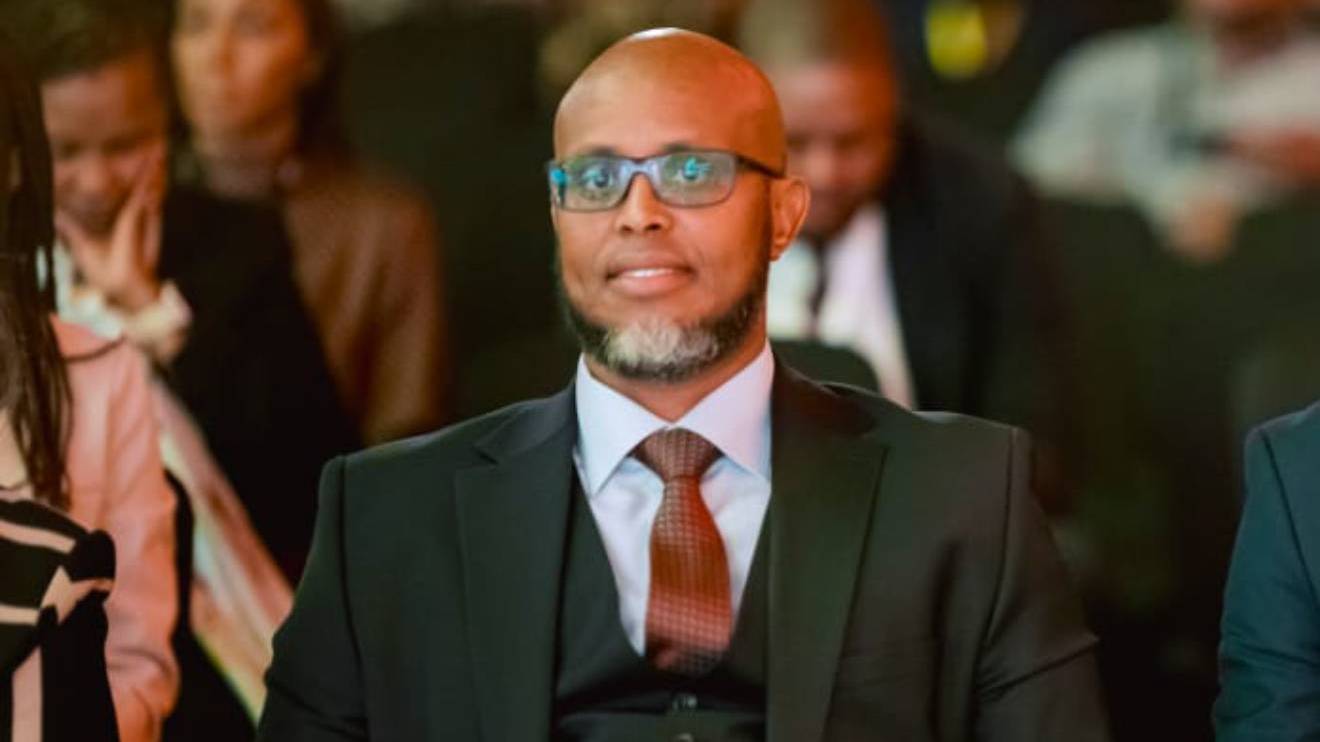
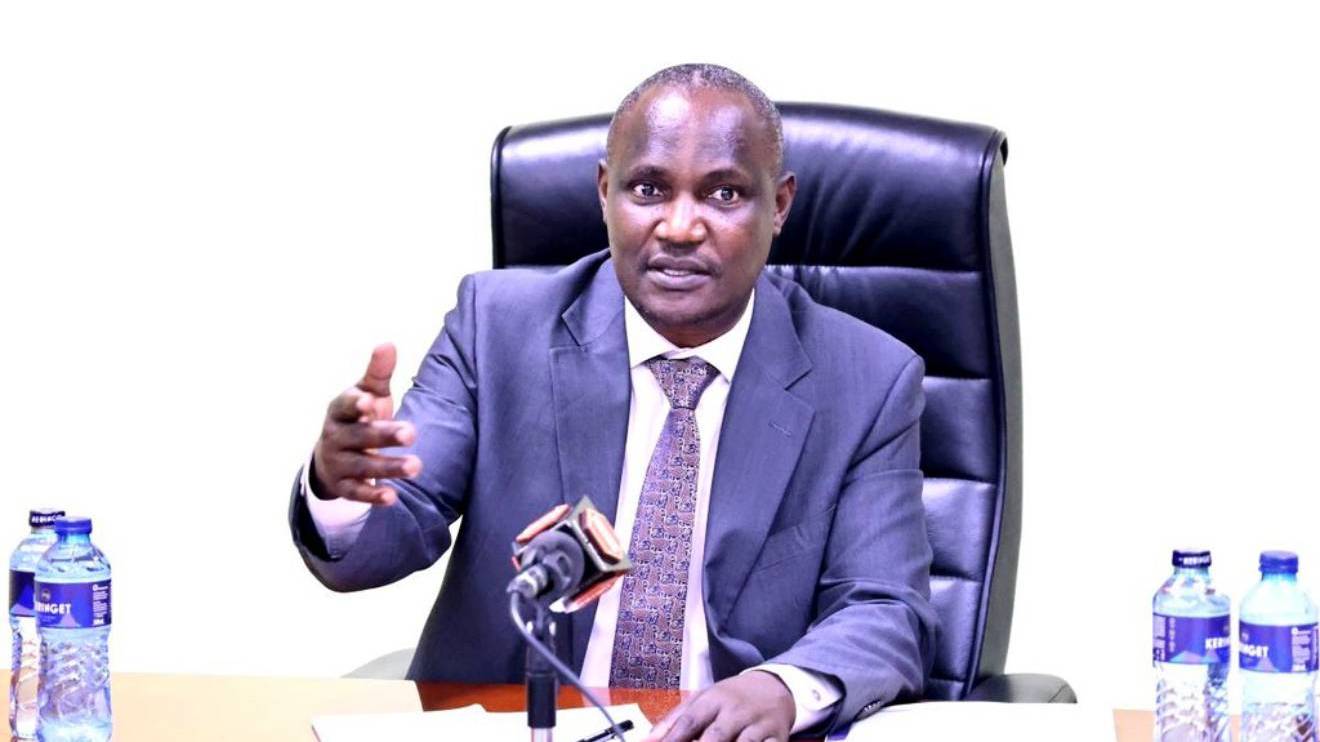

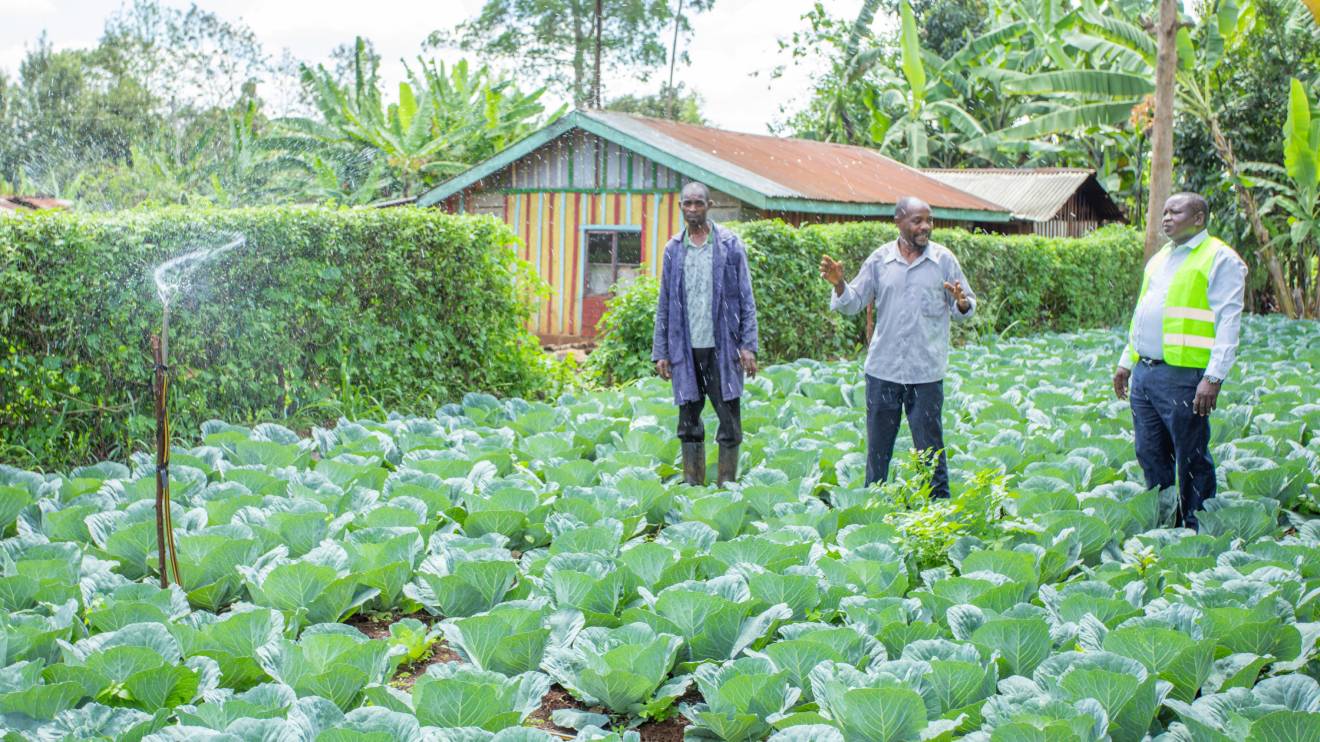
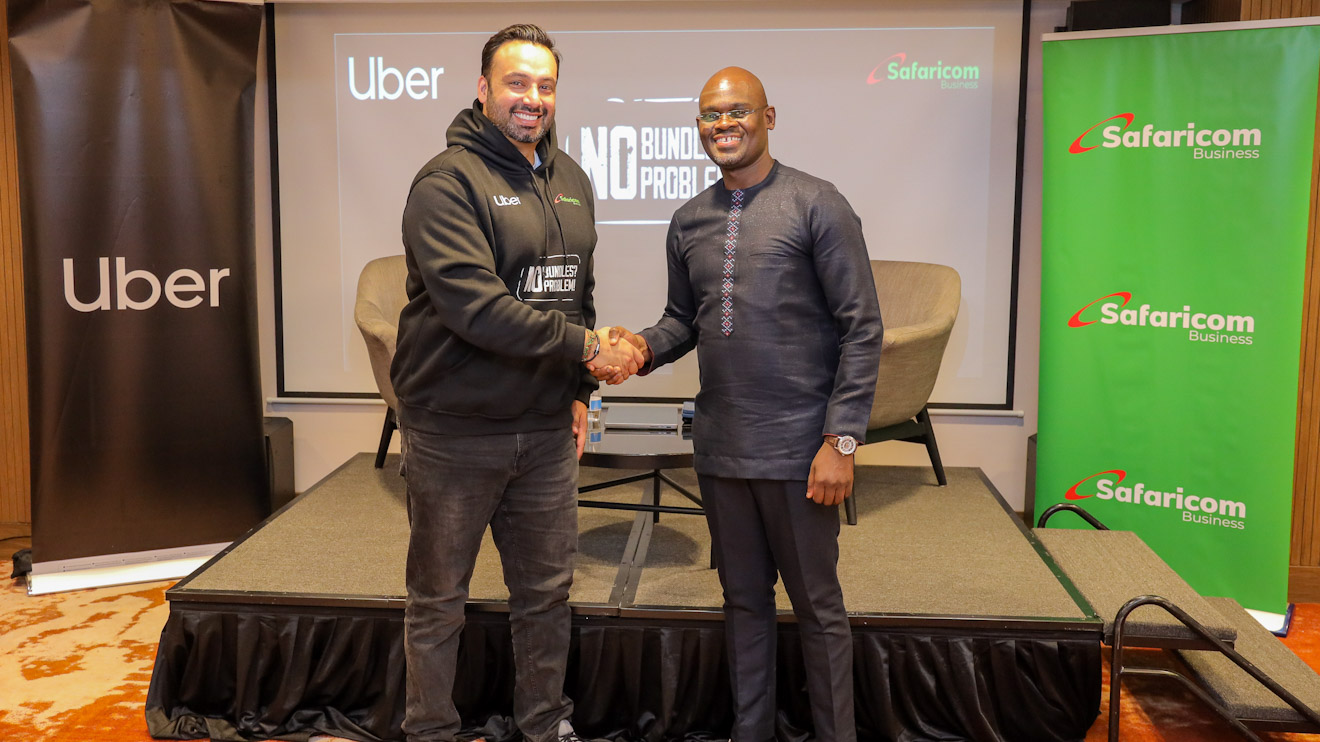
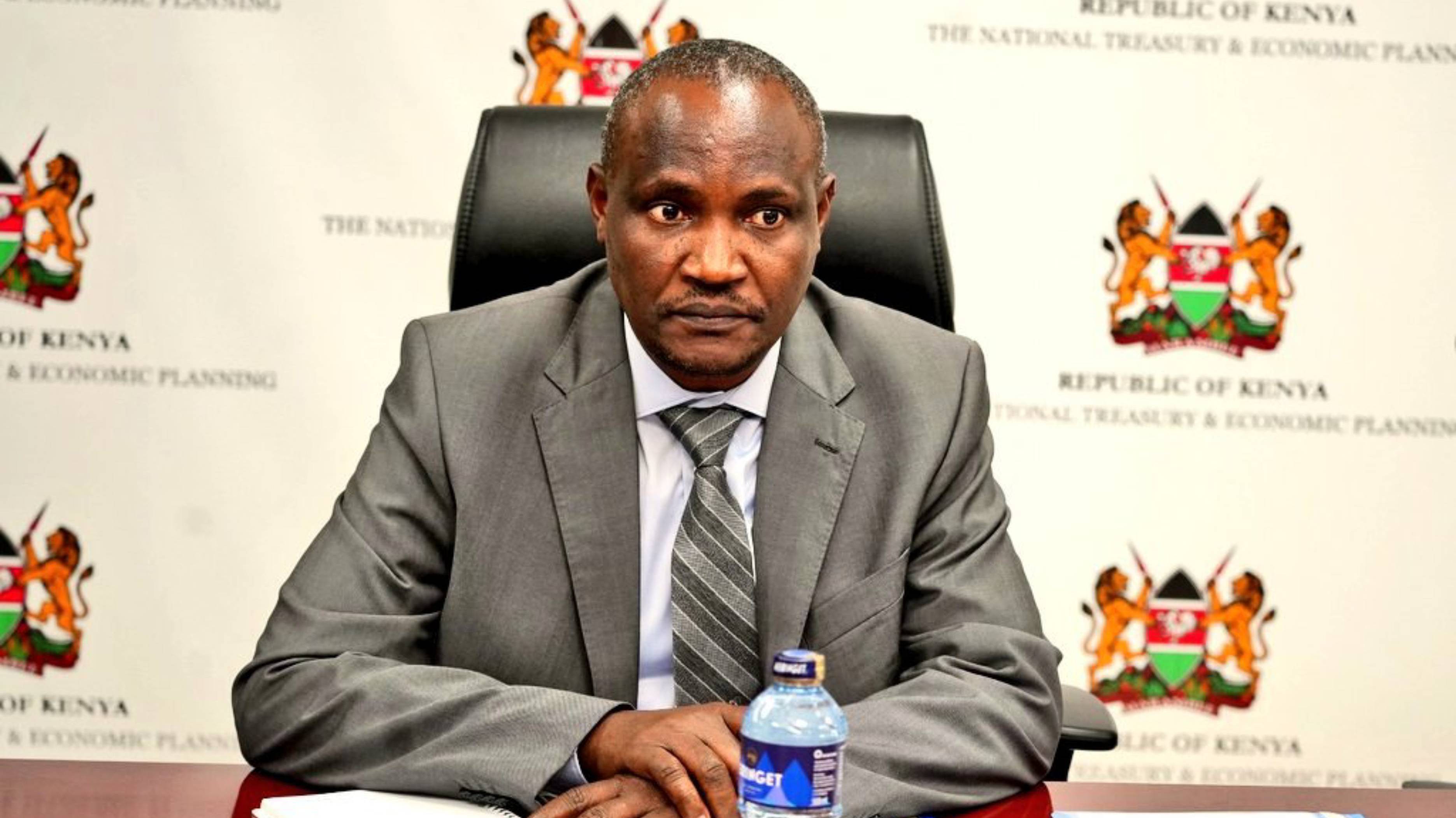
 (1)-1730745141.jpg)